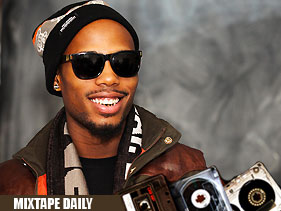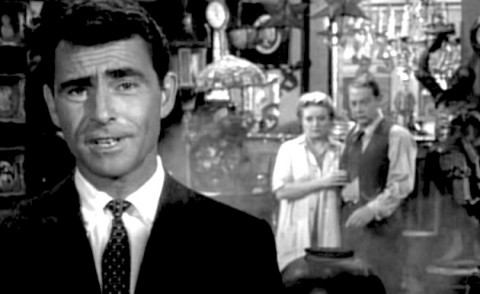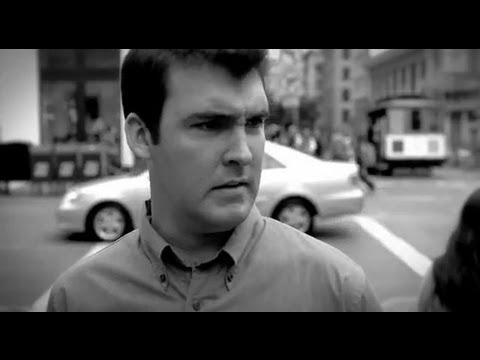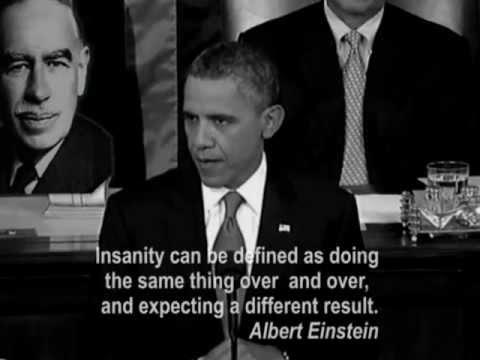Actor had so many diverse roles — from ‘Rebel Without a Cause’ to ‘Easy Rider’ to ‘Blue Velvet’ — that none is truly definitive. By Adam Rosenberg with Jem Aswad Dennis Hopper Photo: Evan Agostini/ImageDirect In Hollywood history, a mere handful of stars have had careers that reached the peaks, the depths, the diversity and the longevity of Dennis Hopper’s. The legendary — and legendarily rebellious — actor died of prostate cancer early Saturday (May 29) at the age of 74. Indeed, Hopper’s signature roles were so different from each other — and so widely separated by years over his nearly six-decade-long career — that it’s difficult to choose one as definitive. Some might single out the teen who appeared with James Dean in 1955’s “Rebel Without A Cause.” Others recall the nitrous-oxide-huffing psychopath Frank Booth, villain of David Lynch’s classic 1986 thriller, “Blue Velvet.” Hopper played another memorable villain (who meets a memorable end) in 1994’s “Speed.” Yet he will probably be remembered best for “Easy Rider,” the 1969 counterculture touchstone that he co-wrote, directed and starred in, as the scruffy, motorcycle-riding drug dealer Billy. The young Hopper made his debut in a pair of James Dean films, “Rebel” and “Giant” (1956). The 24-year-old Dean and 18-year-old Hopper became friends, and the older actor’s sudden death in 1955 shook Hopper to the point that he staged a days-long, one-man revolt on the set of Henry Hathaway’s “From Hell to Texas.” Hopper went on to have notable appearances in “Cool Hand Luke” (1967) as well as “The Sons of Katie Elder” (1965) and “True Grit” (1969), both of which starred John Wayne. Yet the success of “Easy Rider,” in which he starred with Peter Fonda and a young Jack Nicholson, took him on a sharp upward turn, as the film raked in enormous profits and reinvented Hopper’s career. It was a success he quickly squandered with the disastrous follow-up, 1971’s “The Last Movie,” which so fraught with trouble, substance abuse and erratic behavior that Hopper was effectively blackballed from the movie industry in the years that followed. He did appear in a number of films over the ensuing years — “Mad Dog Morgan” (1976), “Tracks” (1977) and most memorably Francis Ford Coppola’s “Apocalypse Now,” channeling his trademark manic energy into a wild portrayal of a frazzled Vietnam-stationed photojournalist. While he continued to struggle with substance abuse, his acting career revived with acclaimed performances in “Out of the Blue” (1980 — which he also directed), “Rumble Fish” (1983) and “The Osterman Weekend” (1983) — and he was re-established as a major star with his leading role in Lynch’s “Blue Velvet” (1986); he became sober at around the same time. In 1986 he also starred with Gene Hackman in David Anspaugh’s “Hoosiers,” a performance that earned him a Best Supporting Actor Academy Award nomination. Hopper continued to turn in memorable performances and features for the remainder of his career. He was the villainous mad bomber in the blockbuster “Speed” (1994), also starring Keanu Reeves and Sandra Bullock. He directed 1988’s “Colors” and received an Emmy nomination for his performance in HBO Films’ “Paris Trout” (1991). Equally memorable are two of his more panned roles, in campy cult classics “Super Mario Bros.” (1993) and “Waterworld” (1995). Hopper’s most recent film appearance was in Isabel Coixet’s 2008 film “Elegy,” with Sir Ben Kingsley, Penelope Cruz and Debbie Harry, although his voice will be heard in the animated “Alpha and Omega,” which comes out in September. Hopper also put in a significant amount of time on television, with more than 100 appearances on a diverse range of programs, including “Gunsmoke,” “Bonanza,” “The Twilight Zone,” “The Big Valley,” “The Rifleman,” “Combat!,” “E-Ring,” “Crash,” “24” and, most recently, as himself on HBO’s “Entourage.” A legendary actor and an unforgettable character, Dennis Hopper was perhaps above all a true Hollywood original. Related Photos Dennis Hopper: A Life In Photos

View post:
Dennis Hopper: A True Hollywood Original
































